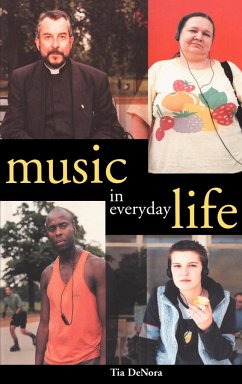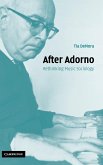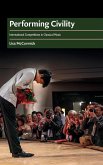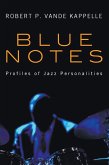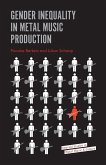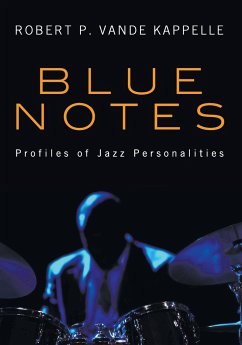The power of music to influence mood, create scenes, routines and occasions is widely recognised and this is reflected in a strand of social theory from Plato to Adorno that portrays music as an influence on character, social structure and action. There have, however, been few attempts to specify this power empirically and to provide theoretically grounded accounts of music's structuring properties in everyday experience. Music in Everyday Life uses a series of ethnographic studies - an aerobics class, karaoke evenings, music therapy sessions and the use of background music in the retail sector - as well as in-depth interviews to show how music is a constitutive feature of human agency. Drawing together concepts from psychology, sociology and socio-linguistics it develops a theory of music's active role in the construction of personal and social life and highlights the aesthetic dimension of social order and organisation in late modern societies.
Table of contents:
1. Formulating questions - the music and society nexus; 2. Musical affect in practice; 3. Music as a technology of self; 4. Music and the body; 5. Music as a device of social ordering; 6. Music's social powers.
This book uses ethnographic studies and in-depth interviews to show how music is a constitutive feature of human agency. It develops a theory of music's active role in the construction of social life and highlights the aesthetic dimension of social order and organisation in modern societies.
Shows how music is central to the construction and regulation of everyday life.
Table of contents:
1. Formulating questions - the music and society nexus; 2. Musical affect in practice; 3. Music as a technology of self; 4. Music and the body; 5. Music as a device of social ordering; 6. Music's social powers.
This book uses ethnographic studies and in-depth interviews to show how music is a constitutive feature of human agency. It develops a theory of music's active role in the construction of social life and highlights the aesthetic dimension of social order and organisation in modern societies.
Shows how music is central to the construction and regulation of everyday life.

